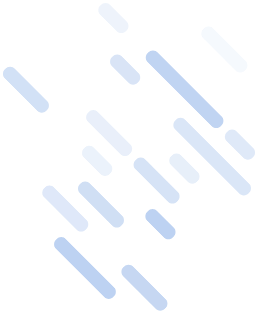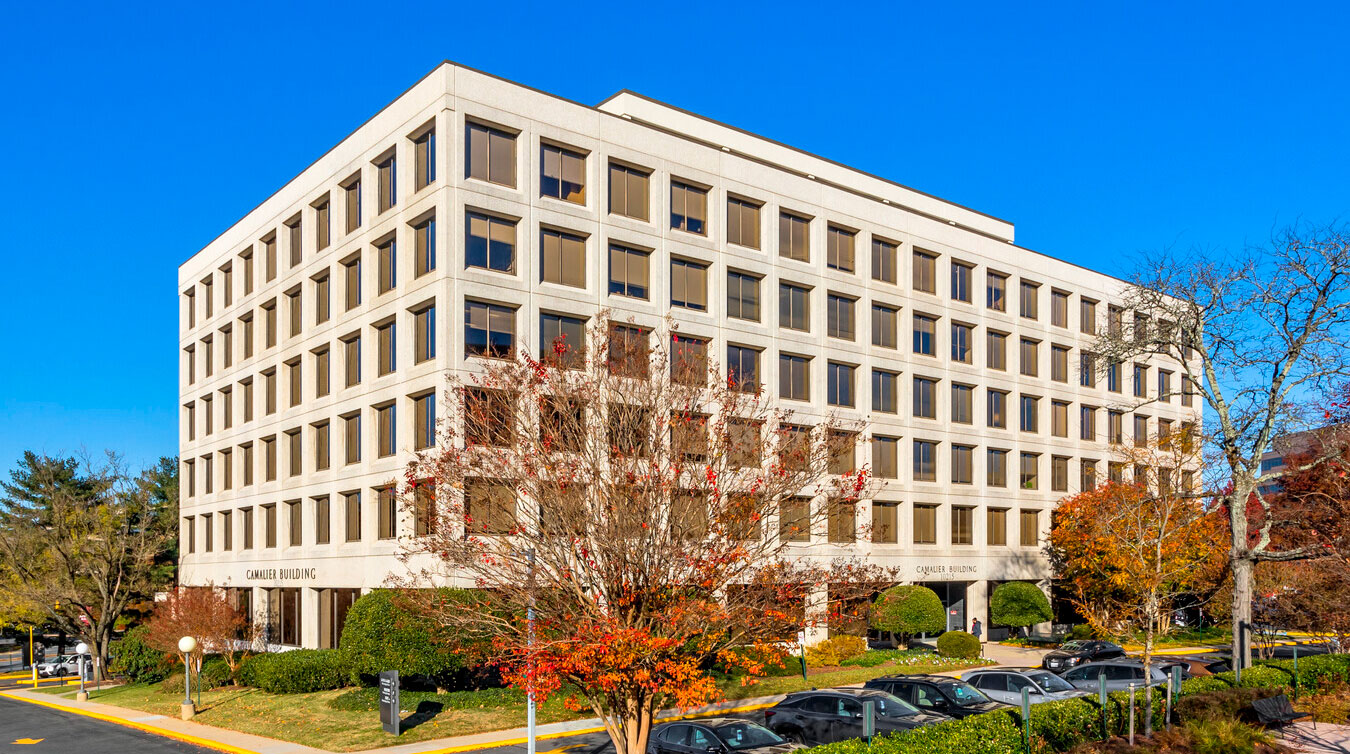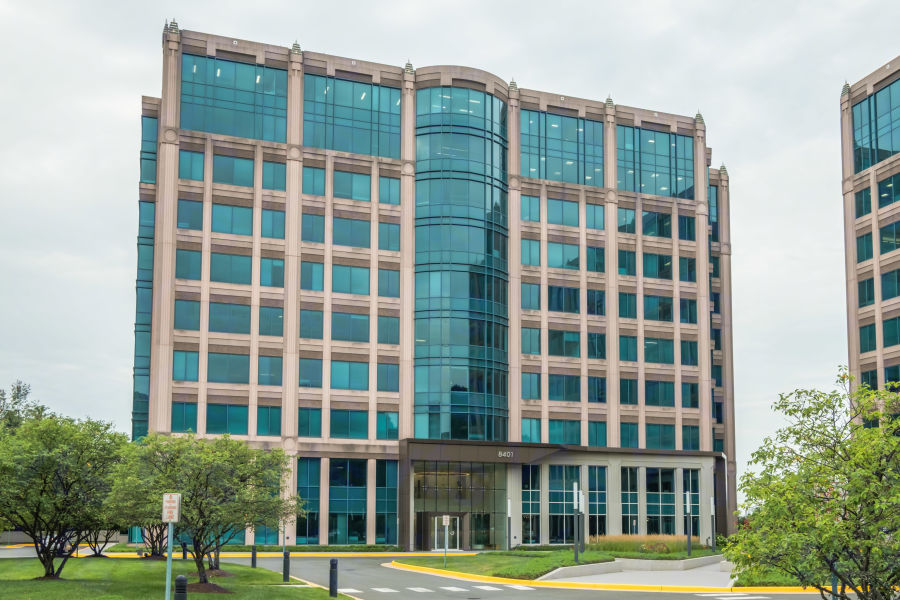You have probably heard of a concussion in the context of a sports injury but what exactly is it? A concussion is a form of a mild traumatic brain injury that affects the brain either directly, or due to forces that are exerted on the person’s body. In fact, sports are not the only causes of a concussion. Falls, car accidents, recreational activities, assault, or other accidents can also cause concussions. A concussion may not affect only brain function, but also your cervical spine, or neck, and your vestibular system, which is an important component of your balance.
Symptoms of a concussion can include headache, dizziness, neck pain, nausea/vomiting, confusion, balance problems, vision disturbances, fatigue, difficulty concentrating, and others.
Recovery from a concussion varies from a short period of rest followed by a gradual return to activities to persistent symptoms leading to difficulty completing activities of daily living. Persistent concussion systems are considered symptoms that last beyond the normal recovery time frame which is about 10-14 days for adults and 4 weeks for children.

Following a comprehensive evaluation, a physical therapist will guide the patient through a staged rehab program utilizing sub-max and sub-symptom thresholds. Research has shown that most patients recover well and do not have significant difficulties that last greater than 3 months.


Physical therapy has a role in those recovering from a concussion. It can help with those suffering from acute symptoms within the first week, to those suffering persistent concussion symptoms. A physical therapist can aide in the recovery process by:

